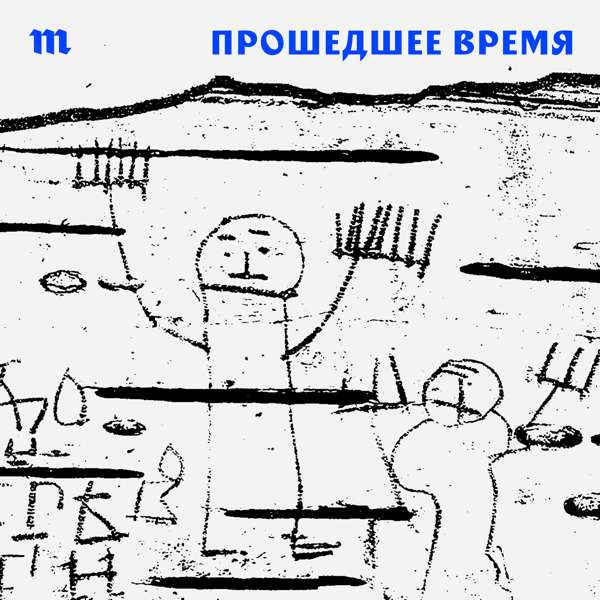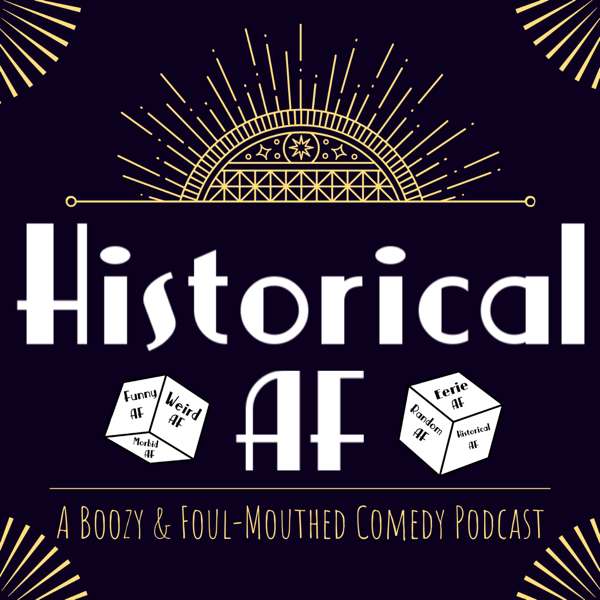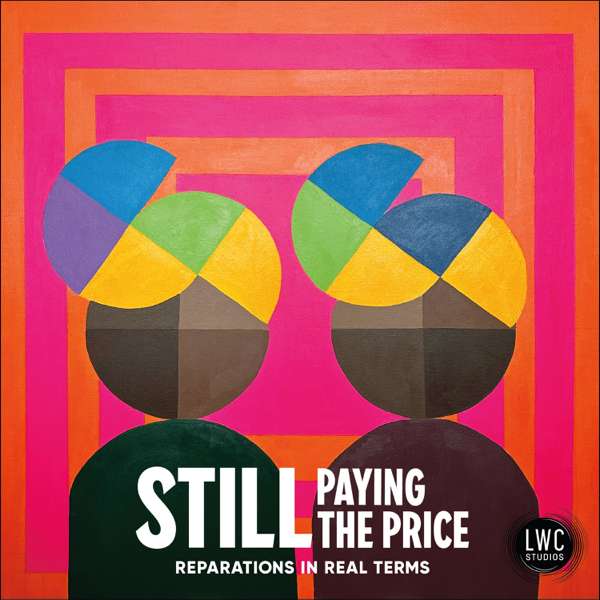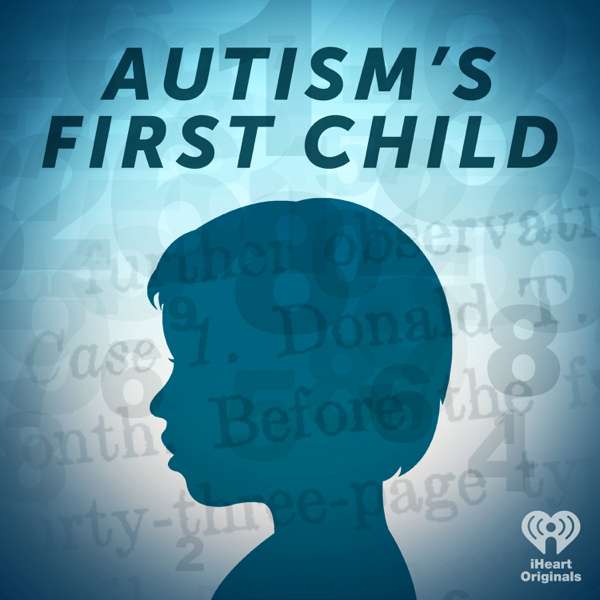Throughout the show, we've covered the lives of Ashanti kings, queens, bureaucrats, merchants, and religious elites. What about the Ashanti average working-class Kwadwo? This episode attempts to paint a picture of the lives, labor, leisure, and education of the average Ashanti subject.
*Disclaimer* This episode covers a sensitive issue, namely enslavement. While, obviously, we all have great passion and interest in Ashanti history, we shouldn't let this fascination turn into infatuation. It's paramountly important to be honest about the realities of the past, even when these realities make us uncomfortable and question our own relationship to the past. Enslavement as a series of global institutions is tragically a part of the grand human history, and worthy of reflection and condemnation. Rather than engaging in self-congratulatory moral grandstanding about how much we've progressed as a species, personal shame over the actions of our ancestors, or, god forbid, historical denialism to sanitize our image of the past, I personally believe that the most productive moral discussion to have regarding the history of enslavement is one of moral improvement. Think: what are some institutions we rely on today that future generations might find condemnable? What aspects of our own societies cause undue suffering that we justify as necessary or natural? And, of course, what can we do to improve our own moral standing in the eyes of history.
If you are interested in further research on the topic, here's some good reading:
Buying Freedom by Kwame Anthony Appiah and Martin Bunzl
Friendly Assistance: Archetypal Pawnship in Pre-Colonial Akan Society by Kwabena Adu-Boahen
The Marriages of Abina Mansah: Escaping the Boundaries of ‘Slavery’ as a Category in Historical Analysis by Trevor Getz and Lindsay Ehrishman in the Journal of West African History.
Support the show
Learn more about your ad choices. Visit megaphone.fm/adchoices

 Our TOPPODCAST Picks
Our TOPPODCAST Picks  Stay Connected
Stay Connected







